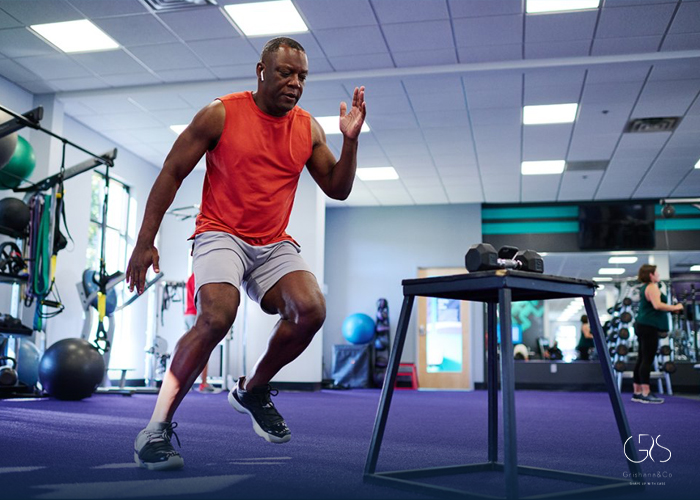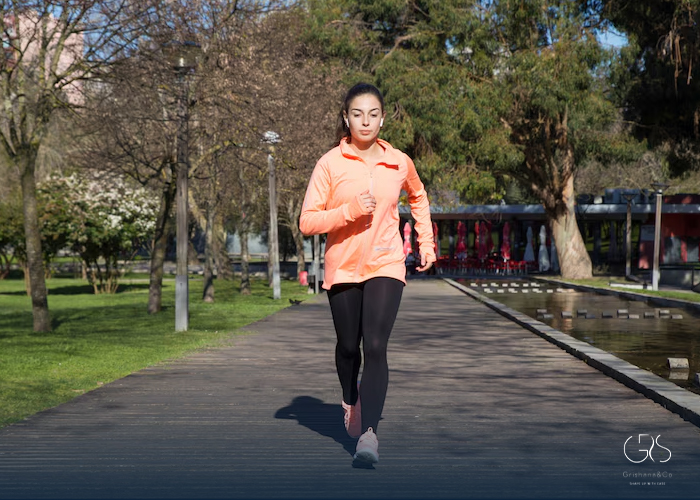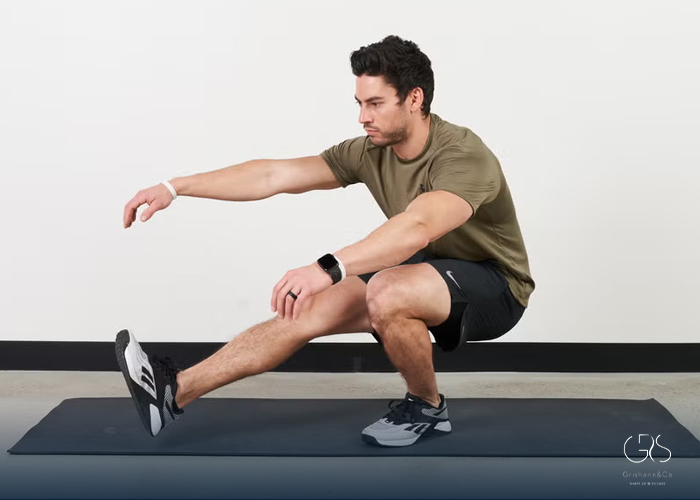The global pandemic caused by COVID-19 has brought significant attention to our immune systems, highlighting how critical it is to keep them healthy. Although vaccines have been created to combat the virus successfully, there are still health concerns regarding the effects of the virus on people with weakened immune systems. This has led to many people exploring ways to boost their immune systems and improve their overall health. One way to do this is through exercise, which has been shown to boost immunity.
How Does Exercise Boost Your Immune System?
Research has shown that regular physical activity has a positive impact on our immune system, and the immune response may increase with exercise intensity and duration. Exercise boosts immune function by increasing blood and lymph flow, decreasing inflammation, and stimulating the release of endorphins.
Increases Blood and Lymph Flow
During physical activity, the increase in heart rate and breathing ensures that more oxygen flows through the body. The increased blood and lymph flow also allows immune cells to move more effectively throughout the body, allowing them to detect and eliminate pathogens more efficiently.
Better Immune Response with Consistency
Regular exercise can also improve immunity by promoting the production of immune cells such as T cells, B cells, and natural killer cells. These cells help detect and protect the body from foreign invaders such as bacteria and viruses. One study found that a consistent exercise routine can improve the immune response, with the number of immune cells and antibodies increasing after just a few weeks.
Decreases Inflammation
Chronic inflammation in the body is linked to many diseases, including heart disease, diabetes, and cancer. Studies have found that regular exercise significantly reduces inflammation markers in the body, which can improve overall health and immune function.
What’s the Best Type of Exercise to Boost Immunity?
While any form of physical activity can be helpful, certain types of exercise are more effective in boosting the immune system than others.
Walking
Walking is a low-impact exercise that is easy to incorporate into daily routines. According to the American Cancer Society, regular walking can improve immune function, which can help reduce the risk of diseases such as cancer.

Strength Training
Strength training involves lifting weights or using resistance bands to build muscle and increase strength. It has been shown to improve immune function by increasing the production and circulation of immune cells in the body.

HIIT Workouts
High-Intensity Interval Training (HIIT) is a popular and effective form of exercise for boosting the immune system. HIIT workouts involve short bursts of intense exercises followed by periods of rest or lower intensity activity.
Research has demonstrated that HIIT workouts can have a significant impact on immune function. A study published in the Journal of Human Sport and Exercise found that individuals who engaged in HIIT sessions had increased levels of circulating immune cells compared to those who participated in continuous moderate-intensity exercise or remained sedentary.
The intense nature of HIIT workouts stimulates the body’s stress response, which, when regulated, can have positive effects on immune function. HIIT exercises activate various physiological adaptations that help strengthen the immune system, including an increase in anti-inflammatory cytokines and enhanced antioxidant production.
Furthermore, HIIT workouts offer the benefits of improved cardiovascular fitness, increased metabolism, and enhanced endurance, which can also positively impact immune health.
When incorporating HIIT workouts into your fitness routine, it is essential to start gradually and allow adequate rest and recovery time between sessions. HIIT workouts are demanding, and overdoing them may lead to overtraining, which can have adverse effects on the immune system.

Can Exercise Harm Your Immune System?
While regular exercise can boost immunity, too much exercise can be harmful. Overtraining can cause chronic inflammation and impair immune function, leaving individuals more susceptible to illness and infection.
Additionally, failing to take proper precautions when exercising, such as neglecting to wear appropriate clothing or staying properly hydrated, can also impair immune function and increase the risk of illness.
Conclusion
Exercise is a crucial component to maintaining overall health and boosting the immune system. Regular physical activity, including moderate walking and strength training, helps increase blood and lymph flow, promote immune cell production, and reduce inflammation. It is essential to consult a doctor before starting a new exercise routine to ensure that it is suitable for your body and health history. By incorporating regular exercise into your daily routines, not only can you achieve better overall health, but you can improve your immune system’s ability to protect your body from foreign invaders such as viruses and bacteria.
Sources
- American Cancer Society, Coping and Living Well During Cancer Treatment
- Harvard Health Publishing, Regular exercise changes the brain to improve memory, thinking skills
- National Library of Medicine, Stress, inflammation, and yoga practice
- National Institute of Diabetes and Digestive and Kidney Diseases, Eating & Physical Activity to Lose or Maintain Weight
- Physiological Reviews, Exercise and the Immune System: Regulation, Integration, and Adaptation










